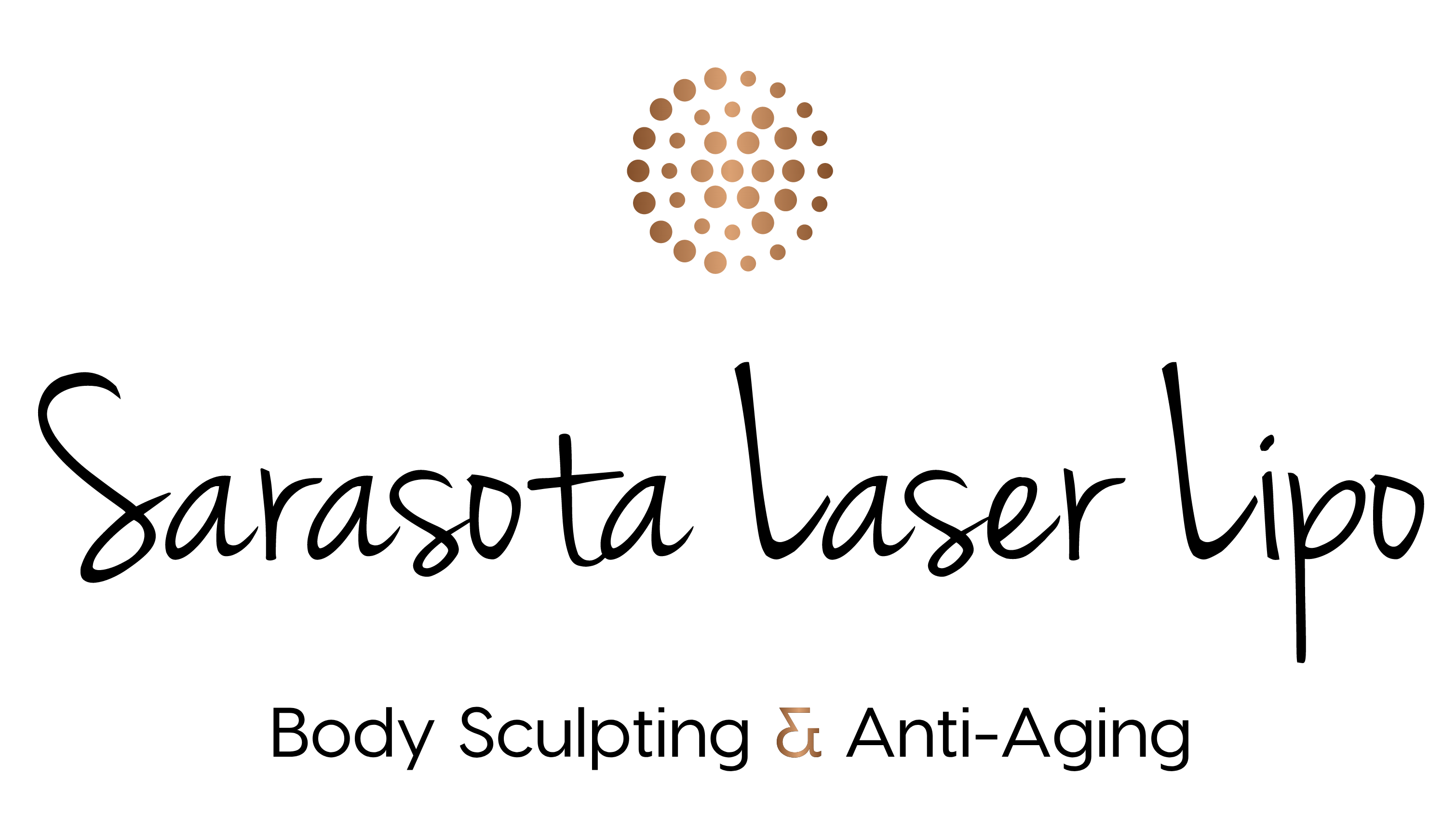
Most of us know that eating too much sugar is bad for us. Not only does it accelerate the possibility of dental decay, but it also has a much wider impact on our general health and wellbeing. So, what exactly happens to our body when we eat sugar? Let’s find out.
Sugar and energy
For our body to function properly it needs energy. It gets most of this energy from the sugars that we consume. These can be found in simple sugars, such as fructose, glucose, and lactose that we most commonly associate with high-sugar foods and drinks, like sodas, cakes, and candies, but they are also found in nutritious, whole fruits too. However, our bodies also get sugar from complex carbohydrates like starch, which are broken down into simple sugars like glucose during digestion and are then metabolized by our cells to produce energy.
Sugar addiction
Part of the problem with sugar is that it can have an addictive quality. This is because sugar prompts the brain to release dopamine and opioids. These are chemicals that cause feelings of happiness and pleasure. The problem is that the brain then craves these same feelings again and again and this can lead you to want more sweet treats.
One of the quickest ways of getting a sugar fix is to choose foods and drinks that contain simple sugars only, and none of the fiber and protein that slows the metabolic process. This means that we end up reaching for soda, biscuits, chocolate, and other ‘bad’ foods rather than those which would give us a slower energy release. Unfortunately, as soon as the body has used the quick-release energy, our blood sugar levels will quickly drop, and this can leave us feeling fatigued and even shaky until they stabilize. It can be tempting to eat more sugary treats to feel better again. However, when we do, the cycle starts again, and it can be incredibly tough to break this habit.
When sugar becomes fat
The more sugar we consume, the more energy we have to fuel our cells. But what happens if we don’t burn all that energy, where does it go? Any excess glucose gets stored in the muscles and liver as a substance called glycogen. However, how much they can store is limited. If the amount of glycogen exceeds the storage that is available, it will be converted into fat and deposited into adipose tissue, aka body fat. The more excess sugar we consume, the greater our body fat percentage will become. Essentially this means putting in weight and getting larger.
Tackling obesity by tackling sugar intake
One of the most effective ways of losing weight is to cut back on the amount of sugar we consume. The guidance recommends that adults have no more than around 30g of free sugars every day. It’s possible to reduce sugar intake by being careful about the types of sugars that you consume. Rather than getting into the habit of always choosing fast sugar-fix foods and drinks, switch to foods containing complex carbohydrates that provide a much slower release. This will help you to combat cravings and keep your sugar addiction under control.
When you don’t consume enough sugar for your body to fuel itself, it’s forced to burn fat to use instead. Over time, this will lead to weight loss and improve your overall health and wellness.
We have helped countless patients to kick their sugar addiction, lose weight and rediscover their confidence. To find out more about tackling sugar addiction, please contact Sarasota Laser Lipo at 941-241-0500 today.




